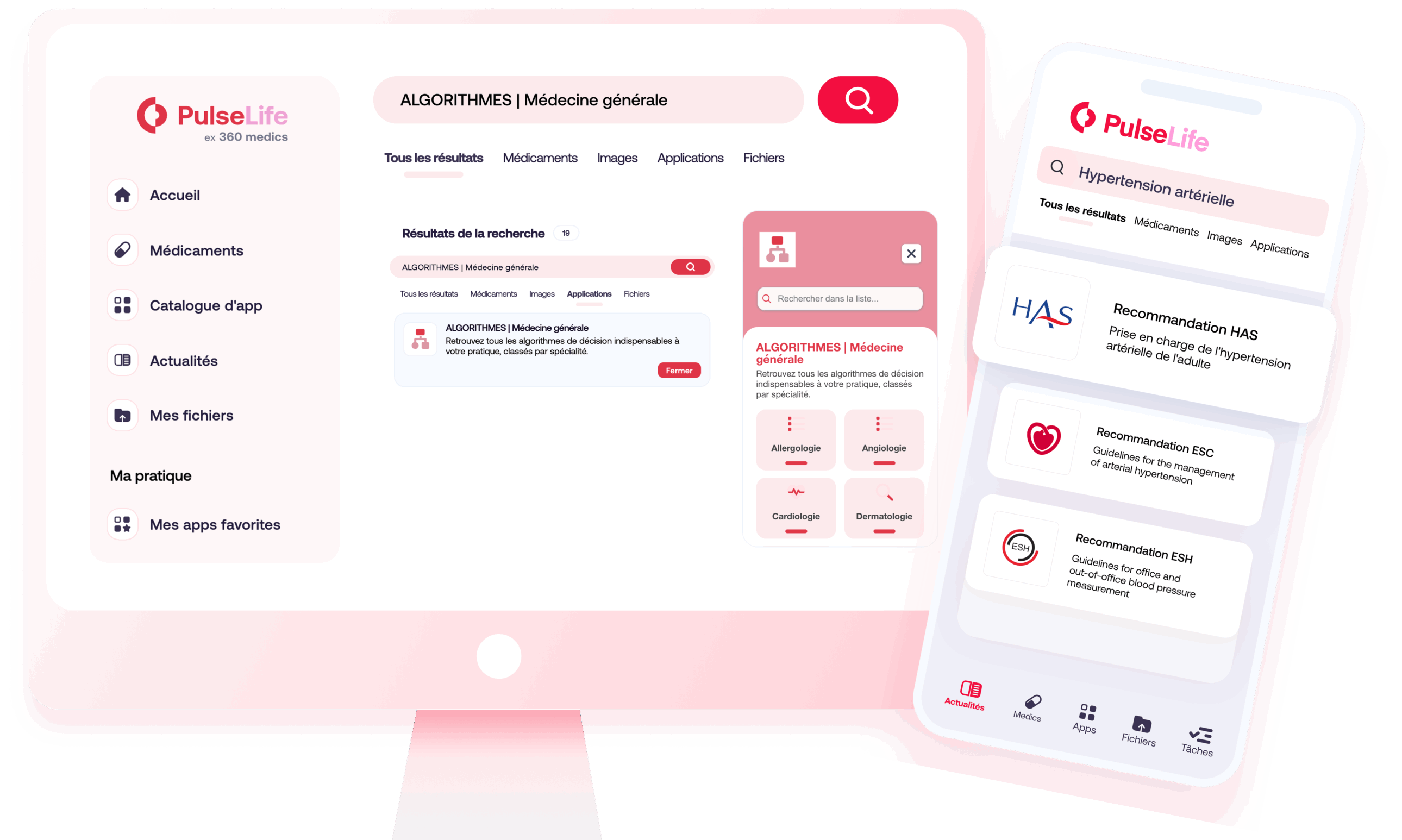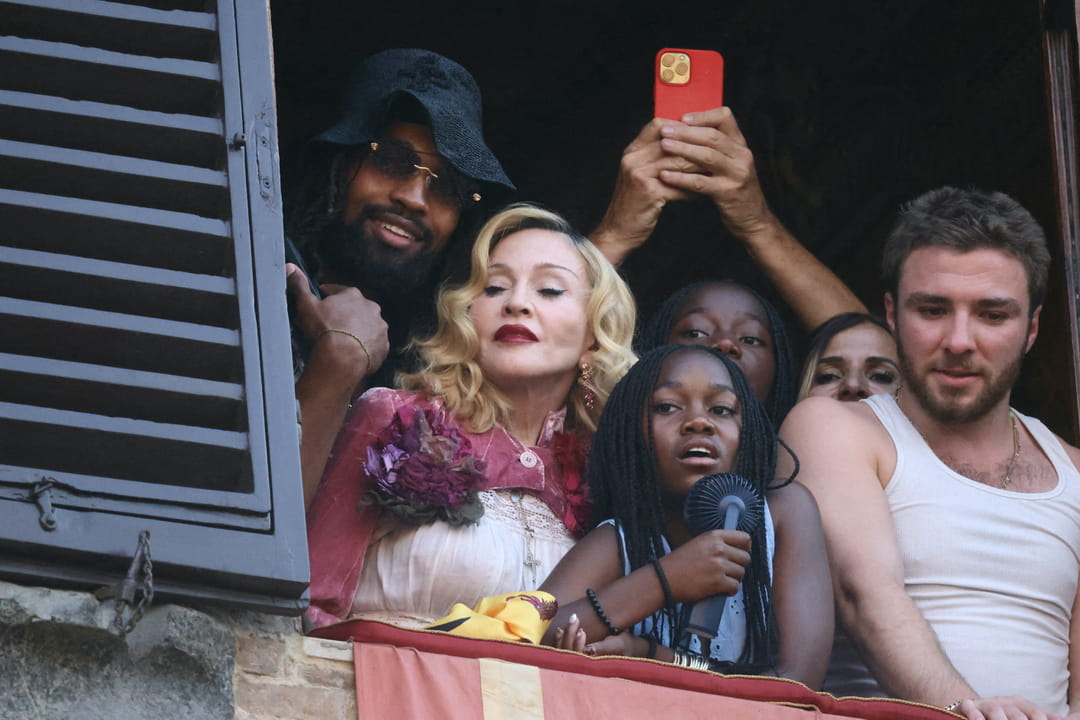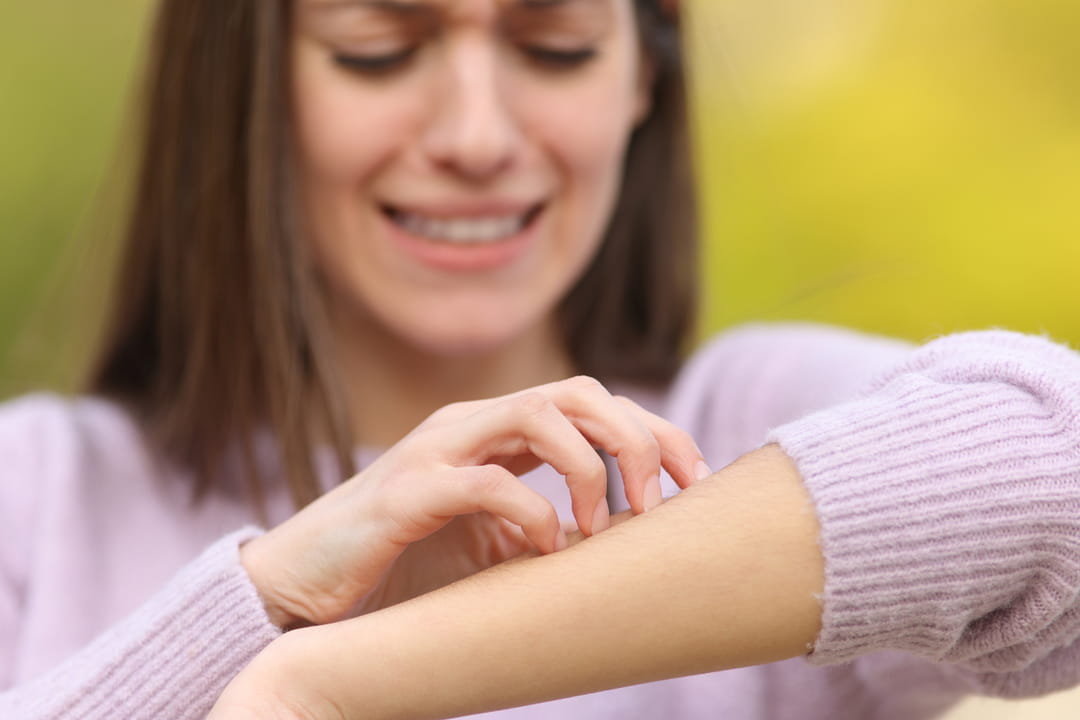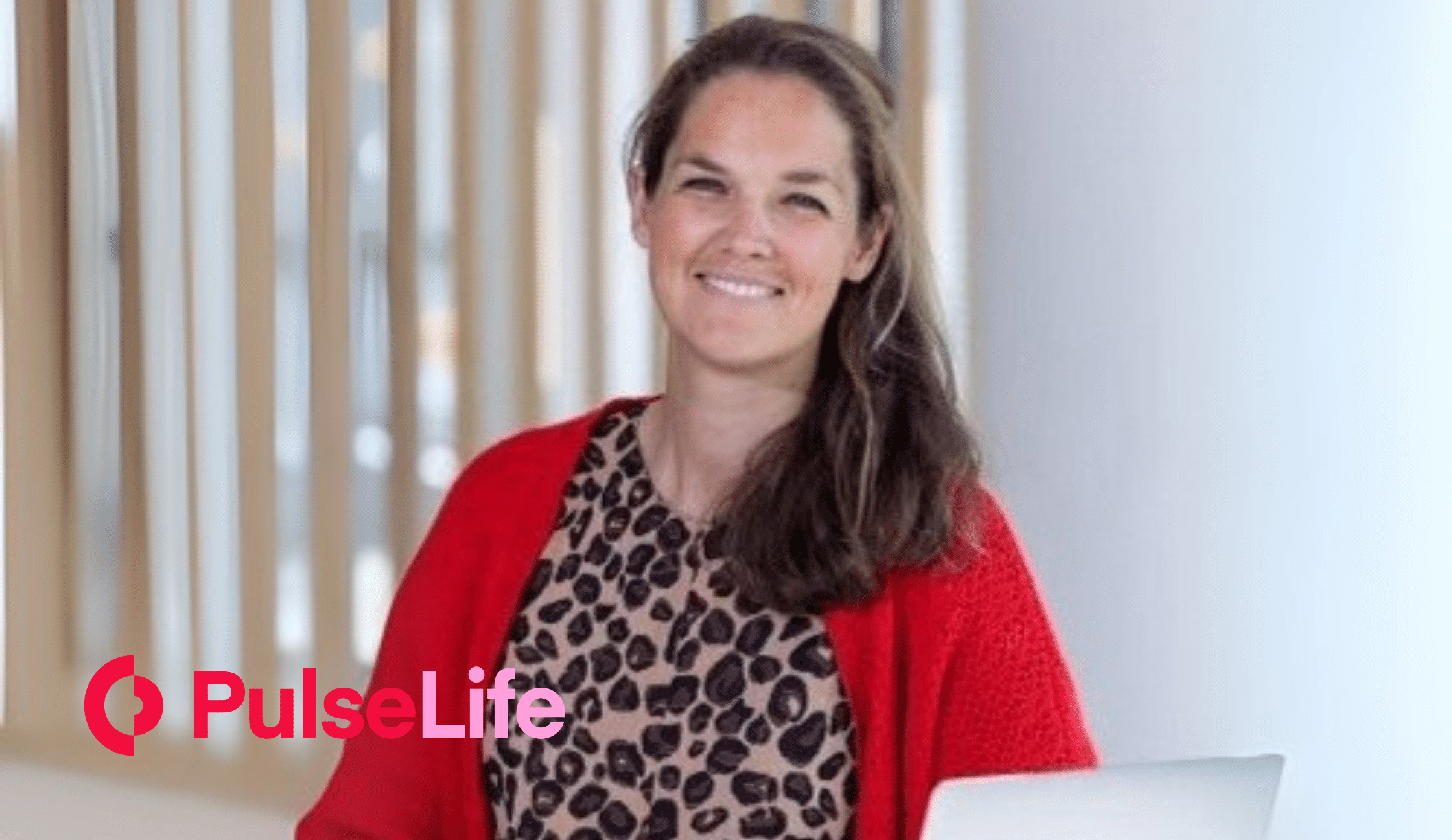Access to reliable, up -to -date and clear medical information remains a challenge for millions of people. That’s why, with PulselifeClotilde Petit aims to change the situation. Its platform connects health personnel and doctors with certified resources, while adapting to the concrete needs of families, caregivers and professionals. Winner in the Scale-Up category of female Awards 2025 business oit embodies a new generation of entrepreneurs capable of combining technological innovation, social impact and strong growth. At a time when digital health is an essential lever of equality, Clotilde traces an ambitious path towards more human, more accessible and more connected medicine.
Discover the platform
What urgent need does Pulselife respond and how did your personal or professional career inspire this solution?
Clotilde Petit: Faced with the explosion of medical knowledge and the lack of time of caregivers, I co-founded Pulselife (ex-360 Medics) with Dr. Grégoire Pigné and Romain Brukert, to meet an urgent need: helping health professionals to practice medicine based on evidence, in a simple and reliable way.
Concretely, via an intuitive and secure interface (available on mobile and computer) Pulselife centralizes a complete drug base (100% of ANSM RCPs), clinical algorithms, as well as medical scores and calculators (ie +350 exclusive clinical content, developed in partnership with learned companies), the latest medical recommendations ( +5m recommendations
Syntheses, articles and reference documents), and finally Pulselife AI, the first medical chatbot.
Result: more serenity in the medical decision, and more time for patients.
In addition, I used my management training and my experience in marketing in large groups to structure and professionalize Pulselife from its creation. My sense of action allowed me to co-conceive an intuitive solution, thought by practitioners, for practitioners, as close as possible to their needs. I also brought together a team with complementary – medical, tech, business – profiles – to build a dynamic of creative value in the health world.
Finally, I carry a vision of innovation in which collective intelligence is a force majeure. It is this conviction that today positions Pulselife as a committed medtech, both pioneer and useful.
How do you guarantee the reliability, safety and updating of the medical information offered?

Clotilde Petit: Pulselife was thought of with caregivers, for caregivers.
Each content is validated by our scientific team and our expert doctors, in connection with recognized partners, to guarantee reliability and clinical relevance. All the data offered in Pulselife (clinical tools, recommendations, dosages, scores, etc.) come from official and recognized sources such as national and international learned companies. We do not produce medical content ourselves: we structure and contextualists what is validated.
What is the role of AI in your solution?
Clotilde Petit: Our artificial intelligence analyzes user behavior in order to optimize our solutions and offer hyper-specialized responses adapted to individual needs. Each month, we thus answer several hundred thousand questions with unequaled precision.
How does your technology revolutionize access to medical information?
Clotilde Petit: Pulselife transforms access to medical knowledge through artificial intelligence that contextualizes validated scientific data to make them immediately actuated in clinical situations. Our technology also includes a conversational assistant to interact with content. And finally, integration into superposition to business software, via Pulselife Premium, makes it possible to display medical information directly in the work environment of the practitioner guaranteeing fluid interoperability.
What are the specific challenges you have encountered in terms of ethics and regulation in digital health?
Clotilde Petit: In digital health, ethical and regulatory issues are major. At Pulselife, we have chosen not to collect patient data and host our platform on HDS certified servers, guaranteeing safety and compliance.
In addition, we position ourselves as a decision -making tool, without ever replacing the medical judgment: each content is validated by experts and from official sources (HAS, ANSM, learned companies).
One of the key challenges has been to navigate in an evolving regulatory framework, anticipating the requirements of the European Regulation (MDR) while remaining transparent and ethical in the use of AI and data. Our priority is clear: strengthen medical practice, respecting the principles of reliability, independence and responsibility.
What is your look at the place of women in e-health innovation?
Clotilde Petit: Personally, evolving in a dominant male, tech and medical sector, often confronted me with more skeptical looks, to have to justify more. But it also taught me to assert a different vision, more focused on real use, nuance, care. Innovation has no genre, but our reading angles, yes. And wealth comes from the plurality of looks.
What is your ambition for Pulselife in the coming years, in France and beyond?
Clotilde Petit: With more than 800,000 health professionals users, including 400,000 doctors, Pulselife (ex 360 medics) is today a key player in the digital medical landscape, in France and abroad.
From now on, we want to strengthen our place alongside caregivers, especially with Pulselife Premium, a desktop version of Pulselife which is superimposed on business software from medical offices.
Caregivers are often real marathons, where every minute counts. The time spent looking for medical information can be an additional source of stress.
With Pulselife Premium, we lighten this daily burden by providing them with instant access to reliable medical tools, up to date, and shareholdables in consultation, so that they find serenity in their practice.
A piece of advice to those who would like to embark on healthtech but not yet dare to take the plunge?
Clotilde Petit: My advice: don’t wait to have all the answers to get started. In healthtech, as elsewhere, we learn by advancing. Of course, medical or technical expertise is important. But it is above all your ability to understand the real needs, to ask the right questions, and to surround yourself with good people who will make the difference.
And above all, don’t be afraid to disturb. Health is a conservative sector, sometimes intimidating. But this is also what makes it incredible terrain to innovate with meaning. If you feel that a subject is important, that an angle is ignored, it may be precisely where you should go.
What do you inspire in this recognition of female Awards business o?
Clotilde Petit: This recognition touches me deeply, because it highlights not only an entrepreneurial project, but also a course, often built in balance between ambition, commitment and doubts.
Receiving a business o feminine Award is a strong signal. This shows that one can undertake in a demanding sector such as healthtech by remaining faithful to its convictions, in its way of doing things – without having to calculate existing models.
Beyond my journey, it is also a way of telling other women: your place is here, your vision counts, and it can have a real impact.
–
📣 The call for candidates for the Business O Female Awards 2026 starts in January!
Try your chance to join the winners who shape the world of tomorrow by applying on 👉 Businessofminin-award.com!











